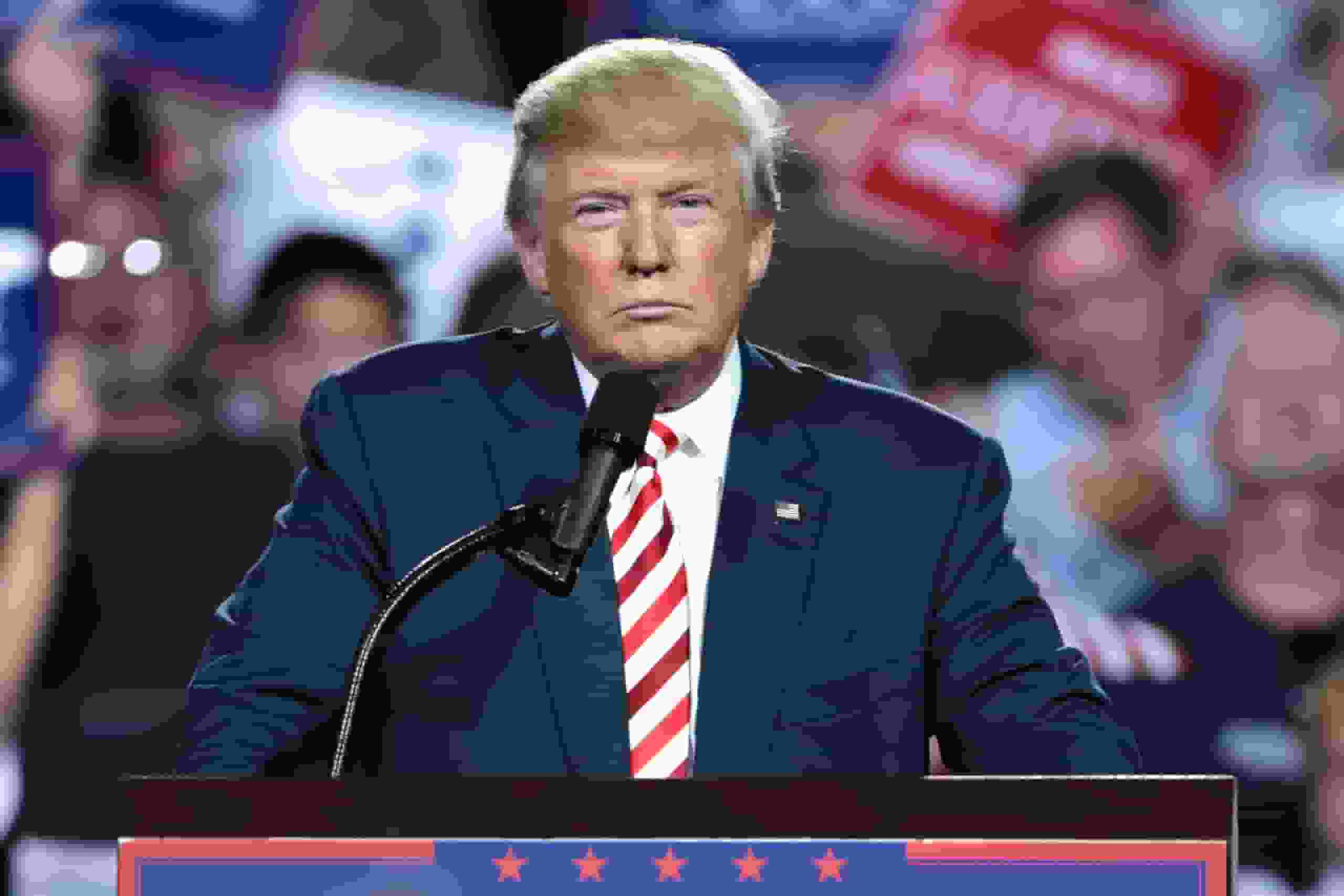According to a recent survey, more than half of Americans believe that former President Trump’s call for the Constitution’s election laws to be repealed should preclude him from seeking the presidency in 2024.
Poll Showed
In a poll conducted by Quinnipiac University and released on Wednesday, it was discovered that although 40% of registered voters believe the former president shouldn’t be disqualified due to his recent remarks, 51% of registered voters believe he should be.
By party, 86% of Democrats and 52% of independents believe that his comments should disqualify him, compared to only 17% of Republicans.
Shortly after the November midterm elections, which showed poor results for the GOP and defeats in crucial contests by several of Trump’s biggest endorsees, Trump declared his candidacy for president in 2024.
Trump said earlier this month on Truth Social that there was “a Massive Fraud” in the 2020 presidential election, which “allows for the termination of all laws, regulations, and articles, including those included in the Constitution.”
“The noble ‘Founders’ did not want and would not put up with false and fraudulent elections! “, wrote Trump.
His assertions were made in response to a recent discussion regarding how Twitter handled a 2020 New York Post piece about President Biden’s son Hunter Biden.

Trump Remarks
Trump has made an effort to retract his remarks and maintain that he didn’t advocate abolishing the Constitution.
The former president said, though, that “if an election is clearly rigged, it should be given to the legitimate victor or, at the least, rerun. There shouldn’t be a time restriction on modification when flagrant and apparent fraud is involved! ”
Trump’s favorability has also fallen to record lows among both Republican voters and the general public, according to the Quinnipiac survey, with only 31% of Americans expressing a favorable opinion of the former president.
The poll’s margin of error was +/- 2.6 percentage points and it was conducted from December 8 to 12 among 1,456 registered voters in the United States.


